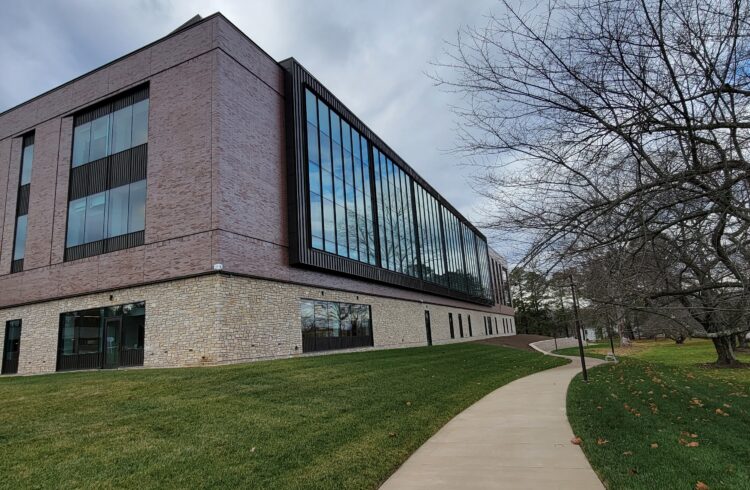
Researchers at the University of Virginia Health System are reporting remarkable results from their pilot clinical study of the artificial pancreas, a computerized, subcutaneous system that could one day revolutionize the way Type 1 diabetics manage their disease.
The system, which uses an individually-“prescribed” control algorithm to regulate blood glucose levels, achieved excellent overnight control of glucose levels in Type 1 diabetics and a five-fold reduction of hypoglycemia. A condition produced by lower than normal blood sugar levels, hypoglycemia can result in coma, seizures and even death.
“These are the first substantial results from our ongoing clinical studies, and they are very encouraging,” says Boris Kovatchev, Ph.D., associate professor of psychiatry and neurobehavioral sciences & systems and information engineering in the UVA School of Medicine, and lead investigator of the UVA research team.
Kovatchev and fellow researchers presented their findings on Sunday, June 7 at the American Diabetes Association’s 69 th Scientific Sessions, the world’s largest meeting for diabetes researchers and health care professionals, held this year in New Orleans, La.
Over the past year, researchers have successfully tested the new system on a total of 20 Type 1 diabetic patients: 11 at the UVA Health System; six at the University of Pavova, Italy; and three at the University of Montpellier, France. UVA is one of seven centers worldwide funded by the Juvenile Diabetes Research Foundation to perform the novel closed-loop computer simulation of the human metabolic system.
For the clinical trials, each patient underwent two 24-hour hospital admissions, in which the patient had identical eating, sleeping and activity patterns during both admissions. During the first admission, patients controlled their own blood sugar levels in open-looped, physician-supervised sessions. The second admission involved the closed-loop, automated system controlling patients’ glucose levels. This was achieved by researchers programming the system’s algorithm with personalized glucose data obtained from the patient’s previous admission. Results from each patient’s admissions then were compared to determine differences in glucose control.
“Our goal was to control post-dinner blood glucose levels to a steady normal state by 11:00 p.m., achieve tight overnight control without hypoglycemia and then control the rise of blood glucose after a 50-gram carbohydrate (CHO) load breakfast in the morning,” says Kovatchev. “What we found with the system was an overall decrease from 23 episodes of hypoglycemia during the open-loop sessions to five during closed-loop control.”
Furthermore, researchers found that nearly 100 percent of all overnight data from the closed-loop sessions were within the target range of 70 to 180 mg/dl, and the time patients spent with blood glucose levels falling within the narrower 70 to 140 mg/dl range increased from 65 percent to 78 percent from open-loop to closed-loop control.
“The next step in our research,” says Kovatchev, “is to keep patients within the target glucose range for longer periods of time, as well as reduce the number of hypoglycemic and hyperglycemic episodes.”
The system’s novel algorithm, which allows for personalized treatment for each patient, was co-developed by researchers in Italy and Virginia: Drs. Lalo Magni, Cluadio Cobelli and Chiara Dalla Man of the University of Padova, and Drs. Marc Breton, Stephen Patek and Boris Kovatchev of the University of Virginia. By linking patients’ glucose monitors with their insulin pumps, the “smart” program automatically regulates the amount of insulin a patient needs.
Researchers were granted FDA approval, based solely on in silico computer simulation experiments, to test the artificial pancreas in humans, without any prior in vivo animal trials. Such a rare distinction by the FDA cut research development time from several years to six months.
The international collaboration is a result of the establishment of the Artificial Pancreas Consortium by the Juvenile Diabetes Research Foundation. Other centers involved in the consortium include; Cambridge University, England; the University of Colorado; Sansum Diabetes Research Institute; Stanford University; Boston University and Yale University.
Watch a video of one patient at UVA Health System as he documents his experiences with the clinical trial on the JDRF Artificial Pancreas Project website: http://www.jdrf.org/index.cfm?page_id=104576 .


